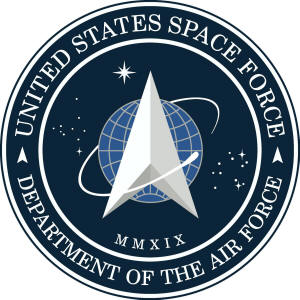|
U.S. President Joe Biden agreed with South Korean President Yoon
Suk Yeol and Japanese Prime Minister Fumio Kishida at an Aug. 18
summit that by the end of this year the three countries would
share North Korea missile warning data in real time.
The exact details of that trilateral cooperation are being
worked out at higher levels, Space Force officials told
reporters at a briefing at Osan Air Base, south of Seoul.
"My understanding is there are future bilateral agreements and
possibly trilateral agreements that are in the works, especially
on the missile warning piece... with sharing that data," said
Major Matt Taylor, deputy commander of U.S. Space Forces -
Korea.
There are gatherings planned for personnel to collaborate and
share processes and procedures, he said.
"None of those details and have been refined or decided at this
point but those discussions are being had," Taylor added.
So far the Space Force component in South Korea, which began
operating in December, has focused on closer integration with
the South Koreans and ensuring that U.S. troops there have more
access to space-based assets, the officials said.
Missile tracking data, including information from the U.S.
Space-based Infrared System (SBIRS), which can detect missile
launches, is already being automatically shared with U.S. allies
through early warning systems, said Master Sergeant Shawn
Stafford.
South Korea and Japan rely mostly on land and sea-based radars
to track launches, but South Korean Air Force Space Operation
Squadron commander Lieutenant Colonel Kim Jong Ha said that
adding space-based capabilities would provide a "3D" view of the
threats.
Given South Korea's push to develop more anti-ballistic missile
systems, gaining data from U.S. and possibly Japanese systems
would help it detect targets, said Tal Inbar, a missile and
space expert with Israel's Fisher Institute for Air and Space
Strategic Studies.
"The whole region could gain a lot from cooperation and
collaboration and interoperability of the systems," he told a
briefing in Seoul.
(Reporting by Josh Smith. Editing by Gerry Doyle)
[© 2023 Thomson Reuters. All rights
reserved.] Copyright 2022 Reuters. All rights reserved. This material may not be published,
broadcast, rewritten or redistributed.
Thompson Reuters is solely responsible for this content.

|
|




